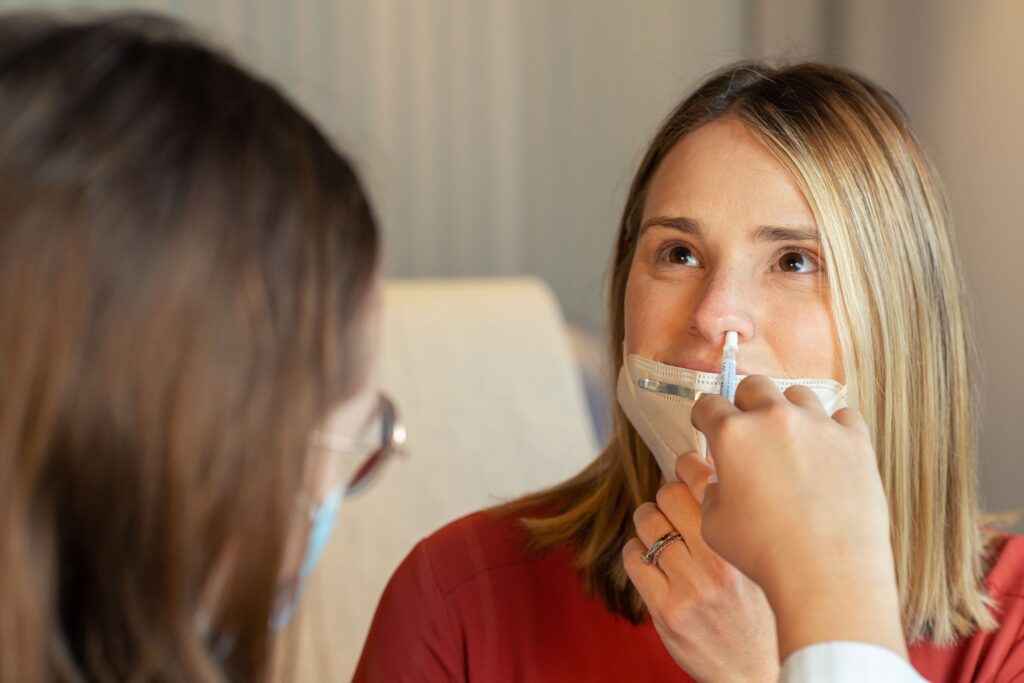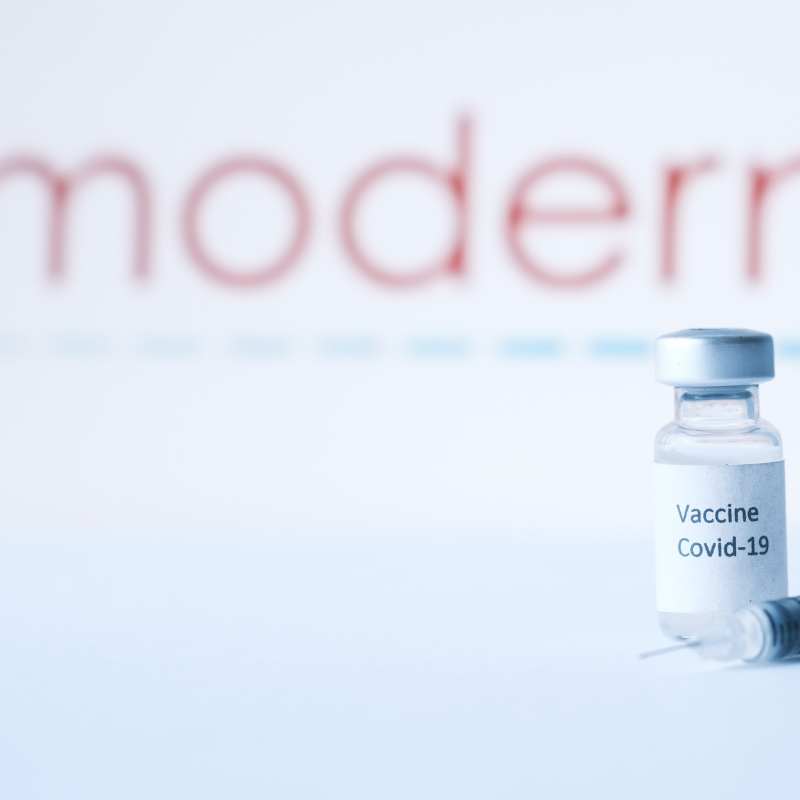“Which COVID-19 vaccine should I get?”
We encounter this question almost daily and we always reply with The Department of Health’s clinic guidelines state that adults can receive either Moderna or Pfizer. They are both similar in safety and efficacy.
However, the fact is that testing on both vaccines, and their variants, continues apace. Now is not the opportunity to cover all this research, which is increasingly extensive.
However, one interesting recent study has just been released.
In this study, a group of researchers from Brown University found that older adults have a smaller chance of having bad reactions after getting the Moderna COVID-19 bivalent vaccine (specifically mRNA-1273) compared to the Pfizer/BioNTech bivalent vaccine (specifically BNT162b2).

Source: https://twitter.com/profesterman/status/1686959761848410112
However, before progressing, it’s important to note that the chances of having any problems from either vaccine are extraordinarily low.
Moderna vaccine linked to lower risk in older adults
The study shed light on the differing rates of adverse events among older individuals (aged 66 years or older) who have received either the Moderna or Pfizer COVID-19 vaccines. Although both use mRNA technology, the vaccines have subtle differences in manufacturing, administration and immune response.
The research focused on over six million older adults, who were around 76 years old on average. The results showed that older adults in both vaccine groups had very few serious side effects. The scientists also noticed that among these older adults, when compared to the Pfizer vaccine, the Moderna vaccine had a slightly lower chance (4% less) of causing lung blood vessel blockages called pulmonary embolism and an even lower chance (2% less) of causing blood clotting-related issues known as thromboembolic events.
The study couldn’t firmly determine if the variations in bad reactions were because of safety issues or the effectiveness of the vaccines. The researchers suggested more investigation should be done to understand this better.
The data analysed by this study highlights the importance of vaccine selection guidelines in this demographic.
“The results of this study can help public health experts weigh which mRNA vaccine might be preferred for older adults and older subgroups, such as those with increased frailty,” said lead study author Daniel Harris, an epidemiologist and research scientist in the Center for Gerontology and Healthcare Research at the Brown University School of Public Health.
Harris pointed out that getting sick with the actual SARS-CoV-2 virus has a much higher chance of causing problems than the mRNA vaccines. However, with more than 70% of people worldwide getting at least one COVID-19 vaccine and enough vaccines available, he highlighted the importance of having clear information about vaccine effects and safety to help make decisions.
Considerations for future vaccination strategies
The implications of this study extend beyond current vaccination efforts. It’s highlighted the importance of learning how well the vaccines work in real-life situations. Older adults, who usually have ongoing health issues, are often left out of clinical trials or not studied in large groups. This is significant because older adults, especially those in nursing homes, were at a higher risk of severe COVID-19. Older adults who are frail might respond to vaccines differently due to their weakened condition.
Understanding the nuances of vaccine safety in older adults becomes paramount as we navigate successive booster shots in the ongoing vaccine campaign. While the differences in the vaccine side-effects identified in the study might be considered modest, studies such as this will help government’s in their thinking about their future clinical guidelines.
Opinions or facts expressed within the content have been sourced from various news sources. While every effort has been taken to source them accurately, the pharmacy, its owners, staff or other affiliates do not take any responsibility for errors in these sources. Patients should not rely on the facts or opinions in the content to manage their own health, and should seek the advice of an appropriate medical professional. Further, the opinions or facts in the content do not reflect the opinions and beliefs of the pharmacy, its owners, staff or other affiliates.













